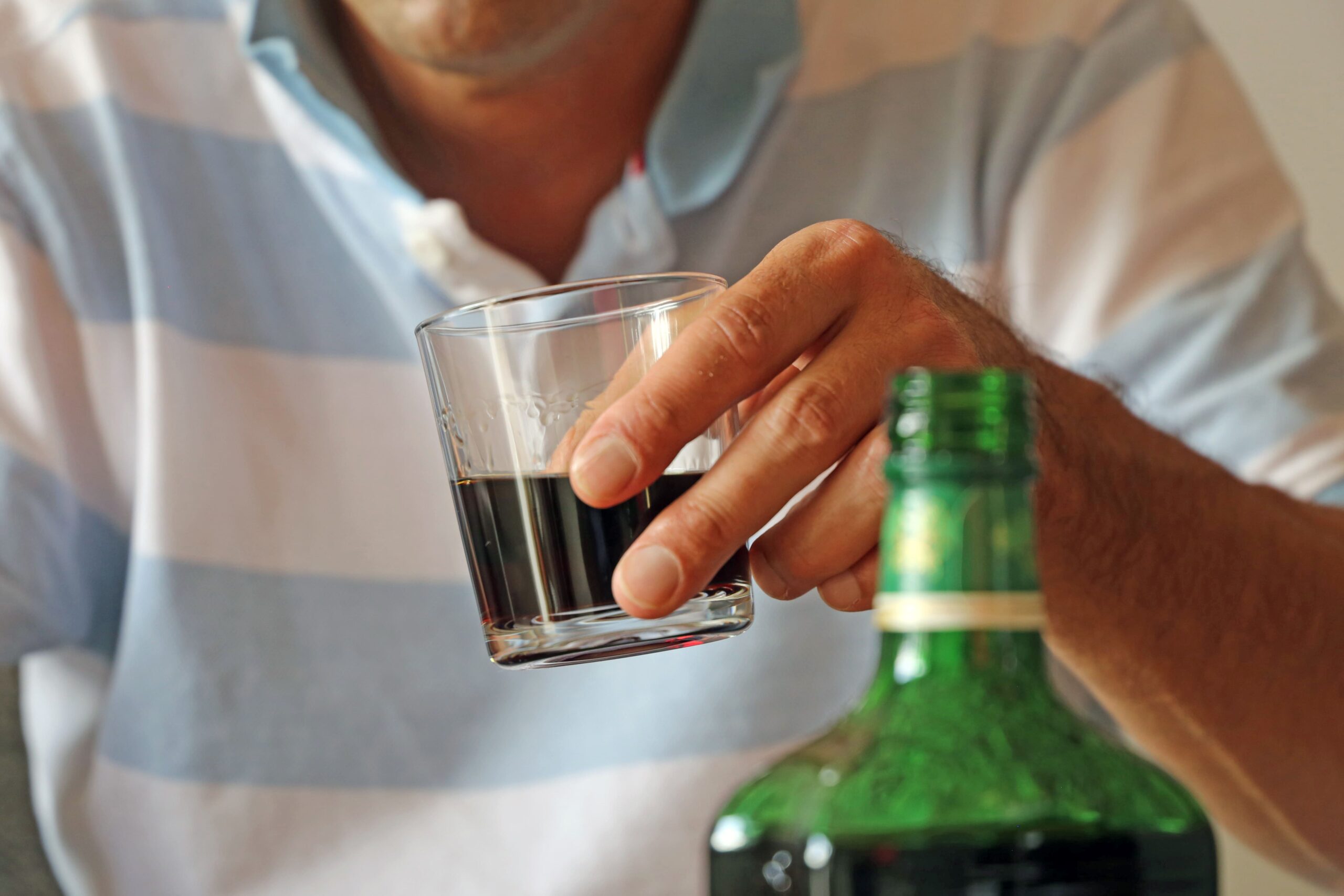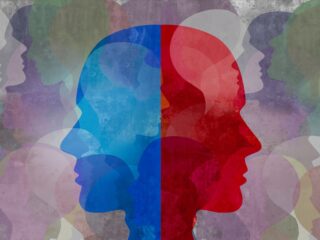Social anxiety and alcoholism are two interrelated conditions that can have devastating effects on individuals’ lives. Both of these disorders stem from an array of underlying factors, including genetic predispositions, environmental influences, and personal experiences. Understanding the relationship between social anxiety and alcoholism is crucial to help those who suffer from this dual diagnosis.
Social Anxiety
Social anxiety disorder is a common mental health condition, affecting approximately 7% of adults in the United States. It often begins in adolescence or early adulthood and can be treated effectively through therapy, medication, and self-help strategies.
Social anxiety, also known as social phobia, is a mental health condition characterized by an intense fear of social situations and excessive self-consciousness. Individuals with social anxiety often experience intense anxiety and worry in social settings, fearing judgment, embarrassment, or humiliation by others. They may fear being the center of attention, speaking in public, making small talk, or interacting with authority figures, among other social interactions.
People with social anxiety typically have an overwhelming concern about negative evaluation and criticism, leading them to avoid or endure such situations with extreme discomfort. They may feel anxious days or weeks before a social event, and the fear can be debilitating, impacting their personal and professional lives.
Anxiety and Alcohol Abuse
Anxiety and alcohol abuse are closely related and often co-occurring conditions. While alcohol may temporarily reduce feelings of anxiety, using it as a coping mechanism can lead to a harmful cycle where anxiety worsens, leading to increased alcohol consumption, which in turn further exacerbates anxiety.
Alcohol is a central nervous system depressant, which means it slows down brain activity and impairs judgment. This initial effect can make individuals feel more relaxed and temporarily alleviate their anxiety symptoms. However, as the effects wear off, anxiety can rebound and may even become worse than before.
Alcohol abuse can also have long-term effects on anxiety. Chronic alcohol use can disrupt the brain’s chemical balance, reducing the production of certain neurotransmitters that regulate mood and anxiety, such as serotonin and gamma-aminobutyric acid (GABA). As a result, individuals who abuse alcohol may experience heightened anxiety even when they are not intoxicated.
Social Anxiety and Self-Medicating with Alcohol
People with social anxiety may resort to self-medicating with alcohol as a way to cope with their symptoms. They may believe that consuming alcohol before or during social situations will help reduce their anxiety and make it easier for them to engage in social interactions.
While alcohol can initially provide temporary relief from social anxiety by reducing inhibitions and promoting relaxation, it is not an effective long-term solution. In fact, relying on alcohol as a coping mechanism can have several negative consequences:
1. Increased Dependency
Regularly using alcohol to manage social anxiety can lead to dependence and the development of an alcohol use disorder (AUD). This can further worsen overall mental health and create additional challenges in managing both conditions.
2. Worsening Symptoms
Over time, chronic use of alcohol can exacerbate existing anxiety symptoms. As tolerance builds, individuals might need increased amounts of alcohol to achieve the desired effect, leading to more severe physical and emotional problems.
3. Impaired Judgment
Alcohol impairs cognitive function, decision-making abilities, coordination, and memory recall – making it difficult for someone experiencing social anxiety to effectively navigate interpersonal interactions or gauge appropriate responses.
4. Negative Behaviors
Excessive drinking due to self-medication with alcohol may increase the likelihood of engaging in risky behaviors or making poor choices that could negatively impact relationships or personal well-being.
Social Anxiety Signs
Social anxiety can manifest as physical symptoms such as a racing heart, sweating, trembling, blushing, and nausea. It can also lead to avoidance behaviors, isolation, and low self-esteem. Signs of social anxiety vary from person to person, but common indicators or symptoms include:
- Intense fear or anxiety in social situations: Individuals with social anxiety often experience overwhelming anxiety and fear in anticipated or actual social interactions.
- Excessive self-consciousness: A person who feels excessively worried about being judged, embarrassed, humiliated, or scrutinized by others.
- Avoidance of social situations: Due to the fear of judgment or negative evaluation, individuals may avoid certain social settings altogether, such as parties, public speaking engagements, or group gatherings.
- Fear and anxiety regarding specific situations: Some people with social anxiety may have particular triggers that evoke intense feelings of apprehension and distress.
- Negative thoughts and self-esteem issues: Persistent and critical self-evaluations contribute to low self-esteem and negative thoughts.
Dual Diagnosis Treatment
Dual-diagnosis treatment refers to integrated or simultaneous treatment for individuals who are dealing with social anxiety and alcoholism. It recognizes the complex relationship between these two conditions and provides comprehensive care that addresses both issues simultaneously.
In dual diagnosis treatment, an individual receives specialized care from professionals trained in managing co-occurring disorders. The treatment approach typically involves assessment, personalized treatment plans, coordination of care, individual therapy, group therapy, support groups, education and skill-building, aftercare planning, and follow-up care.
By providing comprehensive treatment for both disorders simultaneously, dual diagnosis treatment aims to address underlying issues and promote lasting recovery. It recognizes that effective management of mental health symptoms is essential to overcoming substance abuse and vice versa.
Individualized Care for Social Anxiety and Alcoholism in Columbus, OH
Find hope and healing at Ohio Addiction Recovery Center in Columbus, OH. Our compassionate experts specialize in dual diagnosis treatment that addresses social anxiety and alcohol addiction. Take the first step towards a happier, healthier future by contacting us today.






